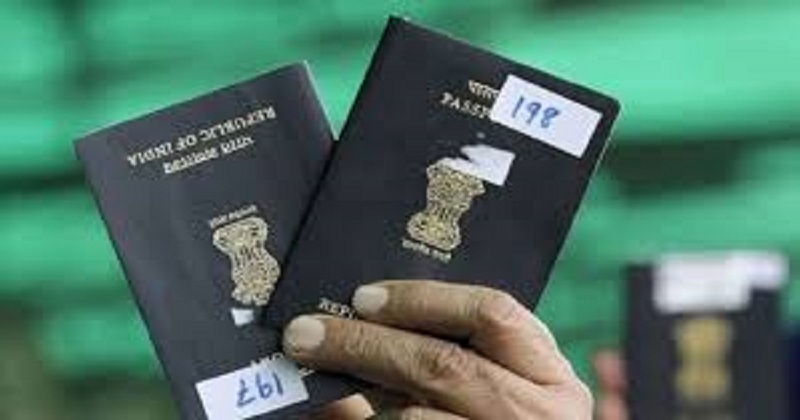
Indian Council for Cultural Relations (ICCR), which offered scholarships to Afghan students and accepted them into central and state Indian universities for the next academic year, has asked the government to find a way to bring them to India, ThePrint has learnt.
Each year, the ICCR, an autonomous agency of the Ministry of External Affairs, awards 3,940 scholarships under 26 schemes to foreign students from 140 countries. The ICCR wrote to both the MEA and Ministry of Home Affairs last month to explore the possibility of bringing in students who have been admitted to Indian universities. However, nothing has been sorted out yet. ICCR offered about 800 scholarships to Afghan students for the 2021-2022 academic year, of which 650 were accepted.

The Taliban’s takeover in Afghanistan, coupled with subsequent changes to Indian visa rules, have left several students stuck, a source told ThePrint. Despite having valid Indian visas, some of these students have been unable to travel to India because the Taliban has suspended all international flights since 16 August. Further compounding their troubles, on 25 August, the Indian government invalidated all valid visas for Afghan nationals and introduced the e-visa system. According to another source, the academic sessions at the universities will begin according to the usual schedule, meaning that students stranded will not be able to delay them. Furthermore, some of the universities have not been able to organize classes online for Afghan students.
‘Is my future in danger?’
Four Afghan students aged 24 to 25 years have received ICCR scholarships and admission letters to universities such as Panjab University in Chandigarh, the Indian Institute of Technology (Roorkee) and Central University of Punjab, Bathinda.
Students told they have yet to receive clarification from the ICCR on whether their scholarships stand cancelled and, if not, whether they can apply for financial aid using an e-visa instead of the previously prescribed student/research visa. The students said they applied for an e-visa soon after the fall of Kabul on 15 August, but have not heard from the Indian government yet. Also, they alleged that the ICCR has been ‘unresponsive to their emails’ regarding their scholarship status.

Faridullah Lalzai, a 24-year-old resident of Khost Province, told ThePrint he applied for an e-visa to India around 17 August. A couple of days ago, he emailed the ICCR with his e-visa ID number to inquire about his scholarship, but has not heard back. ‘I get the feeling that there is no active administration at the ICCR.’ he said. ‘Either that, or they are ignoring us. I would like to know if my scholarship has been canceled. What’s happening to my future? I don’t even know,’ he said. According to ThePrint, admissions for Afghan students will not be canceled by the Central University of Punjab, Bathinda. ‘Once they arrive in India, all administrative and academic support will be provided to them,’ the email said.
According to the university administration official, if Afghan students are not able to arrive in time for classes, which begin in October, online classes will be arranged for them. Rahmanullah Sangin, who received admission to IIT (Roorkee) for an M.Tech in civil engineering, has already begun classes and is having trouble attending them online. ‘My classes commenced in late July and early August. I miss them sometimes because of internet problems. Now, mid-term exams are approaching and I am very nervous,’ he said.
Read more: ‘The diaspora is our strength’: Indian-Americans welcome Prime Minister Narendra Modi to the US
The 25-year-old Madiha Yosufzai from Kabul has not applied for an e-visa, fearing that it may jeopardize her ICCR scholarship that initially required a student/research visa. ‘I’m scared to apply for an e-visa. What will happen to my student visa then? What if I arrive in India but can’t avail the benefits under the scholarship?’ said Yosufzai, who has been admitted to Panjab University in Chandigarh. ‘Afghan women face a lot of limitations once married. I want to study as much as I can. I’ve invested in my future. If I lose this scholarship, it will be devastating for me,’ added Yosufzai, who plans to return to Afghanistan to teach English.
Najia Mohammadi, 25, has also not applied for an e-visa. On 2 September, she emailed the ICCR with some questions, but has not heard back. Mohammedi, who got into the Central University of Punjab and plans to work for the World Bank one day, described her situation with dread. ‘A feeling of hopelessness has pervaded my whole being. I cannot do anything for my people and my country,’ she said.

Post Your Comments